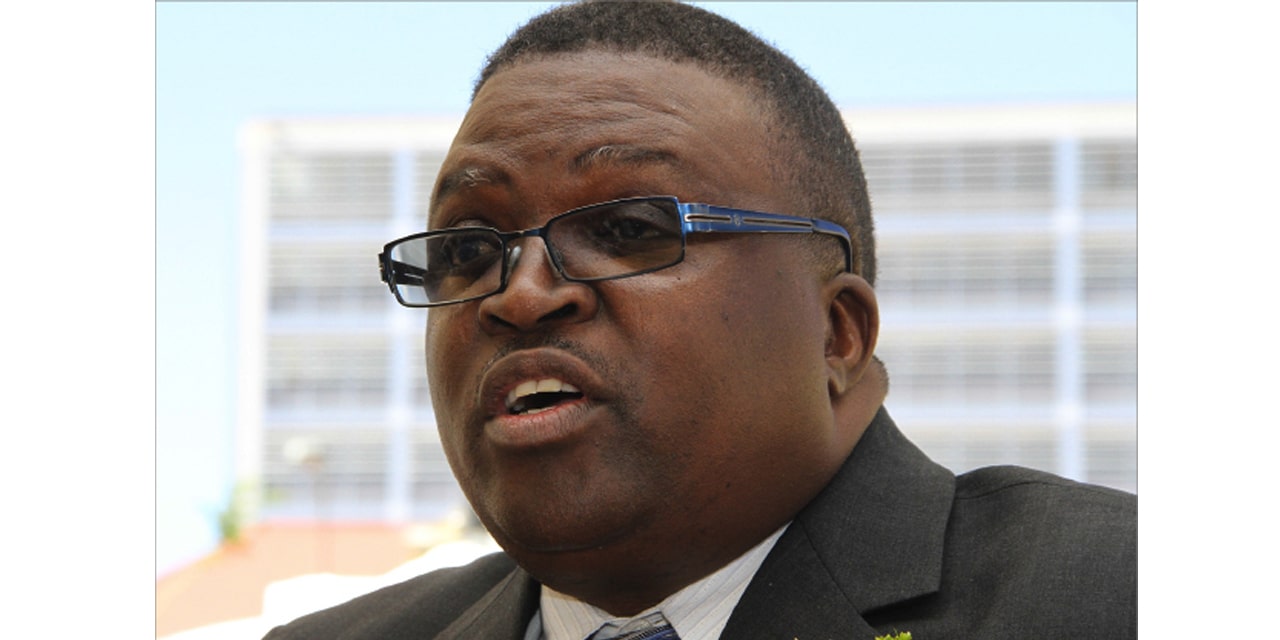Hertta-Maria Amutenja
The Auditor-General’s report for the financial year ending 30 June 2023 flagged multiple financial irregularities at the Ondangwa Town Council.
The report, presented by Auditor-General Junias Kandjeke, highlights several breaches of the Local Authorities Act and International Public Sector Accounting Standards (IPSAS).
Kandjeke noted that the council implemented a Subsistence and Travel Allowance Policy in September 2022 without the required approval from the Ministry of Urban and Rural Development, breaching the Local Authorities Act.
According to the report, the council spent N$1.2 million on travel and accommodation between September 2022 and June 2023, without the requisite ministerial endorsement.
Kandjeke’s report issued an adverse audit opinion, citing various financial discrepancies.
It points out that the council’s reserves do not comply with IPSAS 1 standards, and there were failures to properly disclose bulk water purchases amounting to N$22.4 million.
Additionally, the council violated IPSAS 3 by failing to adequately disclose changes to its water inventory policy.
“The audit could therefore not determine if the bulk water purchase amount was correctly expensed in the financial statements,” Kandjeke said.
The report also revealed that for five consecutive years, the council failed to recognise the provision for the rehabilitation and restoration of the dumpsite, leading to an understatement of costs and liabilities associated with the dumpsite.
Additionally, the Council did not disclose its investment in Northern Electricity Distributor (NORED), as required.
Kandjeke said this repeated nondisclosure flagged in audits for the past two years remains unresolved.
Beyond financial discrepancies, the report criticises the council’s lack of a consolidated annual plan and the limited measurability and reliability of its key performance indicators.
Kandjeke’s findings indicate that 55 percent of the selected indicators lacked adequate documentation, preventing a full assessment of their effectiveness.
The report also points out that the council delayed its annual reporting processes by only launching its Strategic Plan for 2023 in July 2023 and approving the Performance Management Policy as late as September 2023.
In response to these findings, the Ondangwa town council’s chief executive officer (CEO), Ismael Namgongo said the council has been acting on previous years’ findings and recommendations from the auditors, and a number of them have been implemented as per the recommendations.
He noted that the council is currently working to align its financial reporting with the new IPSAS framework, which the country recently adopted.
“Local authorities, including Ondangwa, are building their internal capacities to address reporting shortcomings,” he said.
This process, he added, involves collaboration with the MURD and other stakeholders.
Namgongo acknowledged that, despite IPSAS’s requirement to set aside such provisions for future needs, the council had prioritised using funds for current needs over savings for projected rehabilitation costs.
“We have been prioritising using the money for the current needs rather than saving money in anticipation of rehabilitation of our dumping sites, but because it is what the accounting system provides for, the council will start making such provisions going forward,” said Namgongo.
The CEO also raised a concern about the IPSAS framework, suggesting that the country might need to assess its suitability given Namibia’s development level.
“IPSAS is a good accounting system, but as a country, we need to pause and reflect on it to see if it suits us as a country or if we need to customise it more,” he said.




